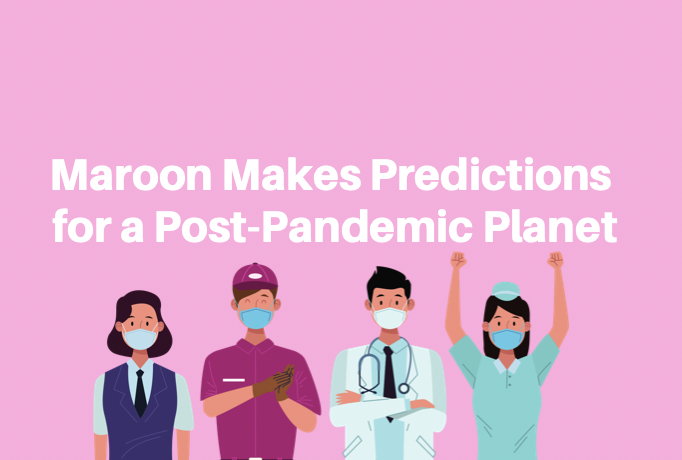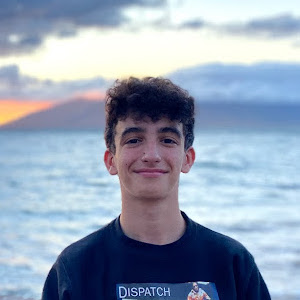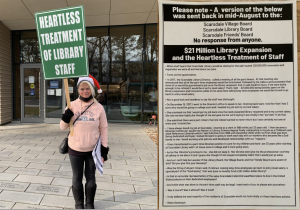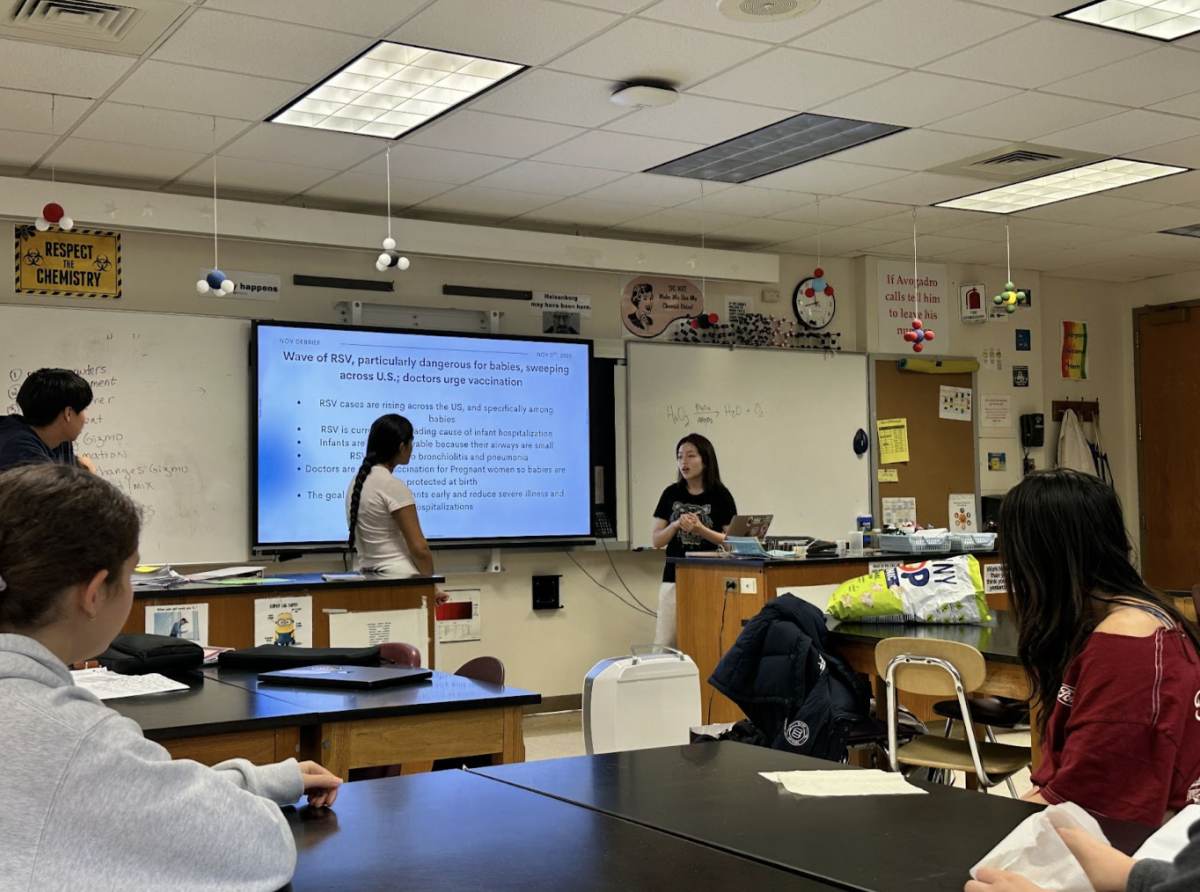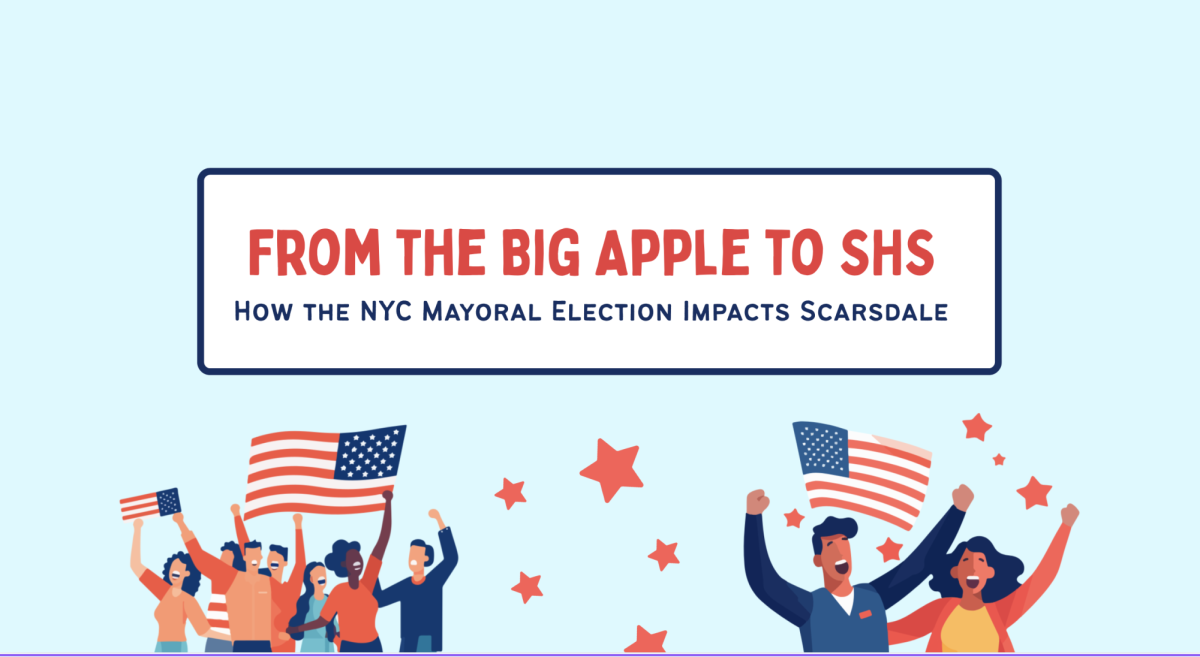Maroon Makes Predictions for a Post-Pandemic Planet
Maroon answers the question of “What should be the long-term new normal?”
May 12, 2021
When COVID-19 began to spread rampantly throughout the United States last year, almost every aspect of life was affected. The SHS administration instituted asynchronous school days. Streaming into classes, wearing masks, practicing social distancing, and having a greater focus on student mental health emerged as well.
After over a year of despair, we finally have a ticket back to normalcy. “In reality, I was injected with the vaccine, but it felt like I had been injected with a needle full of hope. The shot felt good,” said Mason Ruzumna ’23. Yet, the degree of normalcy that may return is unclear, and some changes are undoubtedly here to stay. Will people continue to wear masks after learning about the risks of rampant infectious diseases? Will people learn to appreciate aspects of their life that they once took for granted? Will life even slightly resemble the world we lived in before COVID-19 took over?
SHS chemistry teacher Anna Buonanno explained that while light at the end of the tunnel does exist, COVID-19 will not completely cease to exist anytime soon. “[COVID-19] is not going to end… partially globally because of [limited] access to vaccines,” said Buonanno. “I do think it’s going to be endemic. I do think that we will get to a point where we can fairly safely resume our lives if we can get vaccinated,” added Buonanno. Some students have similar views. “My guess is that COVID-19 will continue mutating, so I don’t think COVID-19 will be going away anytime soon,” said Jamie Spielman ’23.
Even when the pandemic ends, many believe that people will remain cautious about mask-wearing and sanitation. “I think people have definitely become more conscious about what they touch and keeping their hands clean. So I think there will be people who are more likely to use hand sanitizer, at least for the first couple of years,” observed SHS social studies teacher Nicola Minchillo. Most SHS students seem to share Minchillo’s views. “I think that if someone is at risk – such as the immunocompromised or the elderly – or if they are sick, then they should wear a mask, but otherwise I think that they wouldn’t be necessary,” said Angel Seiffert ’23. On the other hand, doubt exists about whether people would even be willing to wear masks if they are not mandated. “I think that in a public place, I probably will wear a mask, depending on what the CDC recommends,” said Spielman.
While the pandemic has impacted daily school life, some aspects of online learning have served as valuable tools and should be kept after the pandemic is over. “I’m a little tired of Zoom, but I think leaving the options open to meet with kids via Zoom [would be good]. The tutorial model is great, but you don’t always have the time to run to each of your teachers across the building,” commented Buonanno. In addition, while the digitization of school that has occurred due to the pandemic can have detrimental effects such as Zoom fatigue, digital learning may also have benefits. “Having almost all assignments be digital would be helpful, as it keeps people like me from losing them, and after a year of almost exclusively typing, writing things by hand is not my strong suit,” added Seiffert.
The pandemic and its restrictions have also helped many people make more of an effort to remain connected with each other. Previously, it was easy to lose track of time and not speak with friends or family for months or even years. “Now it’s more of a concerted effort to make sure to check in on people,” remarked Minchillo. It would be beneficial to retain the habit of checking in on our family and friends even after the pandemic.
While the end of the pandemic draws closer every day, we must continue to follow COVID-19 restrictions to ensure that the end to the pandemic does indeed come. If we remain vigilant, we could be enjoying lives similar to pre-pandemic times within months. But the degree to which post-pandemic life will look similar to pre-pandemic life is unpredictable, as some of the practices that emerged during the pandemic have proven to be beneficial and may be here to stay.

